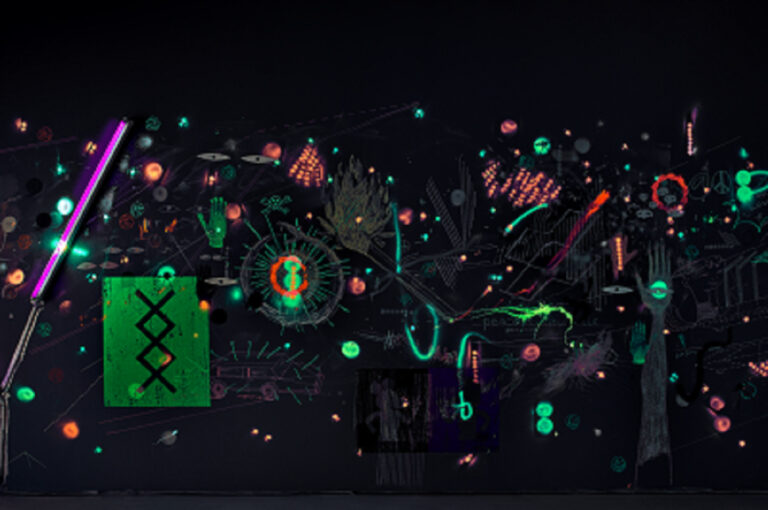Right from the emergence of the ongoing COVID-19 pandemic, national governments and international institutions have been relentlessly qualifying it as an “unprecedented” event. We have been told that the virus sees no color or class and that equal sacrifices from each one of us are and continue to be necessary to contain its spread. We have been instructed to look at the virus in scientific, neutral terms as if we had equal chances of being affected by it—as if its routes, that is, did not follow the roots of sedimented histories of oppression, exploitation, dispossession, and structural violence. This forum departs from such narratives to look at how the current COVID-19 pandemic intersects with other pre-existing and enduring pandemics, such as those produced by racism, capitalism, and speciesism. In building on the emerging critiques by Indigenous, feminist, Black, and queer academics, movements, and activists, the contributions it hosts offer multimedia reflections on affects triggered or evoked by the current pandemic, such as rage, fear, despair, restraint, care, and hope. Coming from different parts of the globe and disciplinary approaches, authors convey the “Corona(virus) a(e)ffects” in multisensorial ways, combining written essays, poetry, videos, and photographs. By contextualizing the ongoing COVID-19 pandemic within a historical legacy of structural violence within and across species, this forum moves beyond deceitfully single-focus and temporally flat narrations. In so doing, it provides a space for the expression of radical affectivities of dissent and hope that its outburst has arguably made only more visible and pressing.
Keyword: temporality
Marxism, Cultural Studies, and the “Principle Of Historical Specification”: On The Form of Historical Time in Conjunctural Analysis
Karl Korsch identifies in Marx’s work what he calls “the principle of historical specification,” the way in which “Marx comprehends all things social in terms of a definite historical epoch.” This work is concerned with this idea and its instantiation in contemporary social theory. With this paper I hope to show how the principle of historical specification has been interpreted within the Birmingham tradition of cultural studies, paying specific attention to (1) the form of historical time implicit in the concept of a “conjuncture,” and (2) the logic of historical periodization that follows from a “conjuncturalist” approach to historical research. I argue that a conception of plural temporality is central to the mode of historical analysis associated with the Center for Contemporary Cultural Studies.
The Times of Settler Colonialism
Response to J. Kēhaulani Kauanui, “A Structure, Not an Event: Settler Colonialism and Enduring Indigeneity,” published in Lateral 5.1. Gniadek approaches settler colonialism via questions of time—asking When is settler colonialism?—which reveals how narratives of national belonging tend to operate, as narrative confrontations that facilitate violence throughout and across time.


